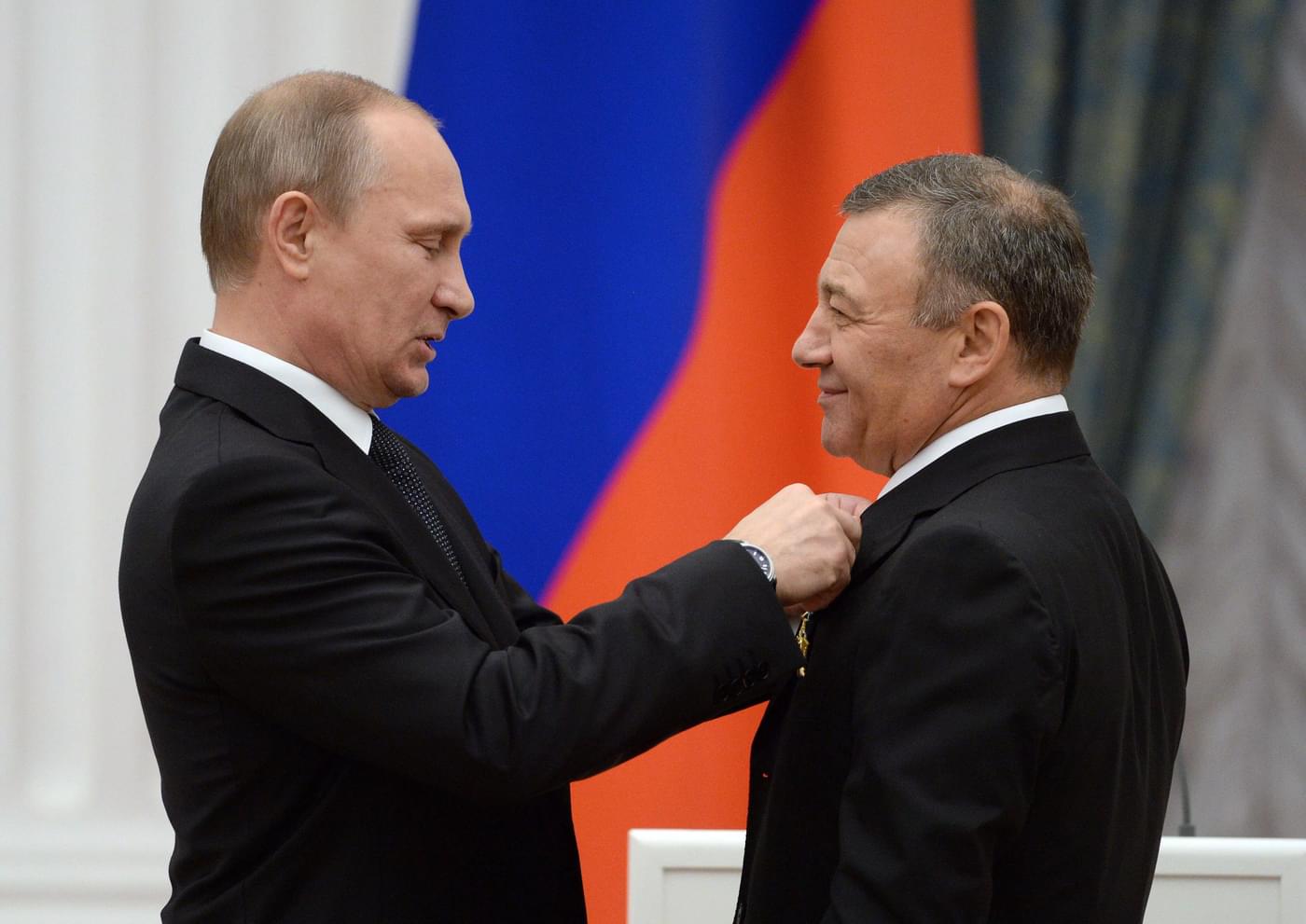Leaked emails draw back the curtain on how Putin’s friends evaded sanctions – with some help from friends in the West

An investigation by a group of journalists has revealed how Russian President Vladimir Putin’s inner circle has managed to hide assets despite the imposition of international sanctions.
The investigation was triggered by an email leak that was obtained by IStories and OCCRP (Organized Crime and Corruption Reporting Project) and shared with 15 other media outlets. The leak consisted of over 50,000 documents and emails sent between 2013 and 2020.
The resulting investigative series, termed the Rotenberg Files, demonstrates how the billionaire brothers Boris and Arkady Rotenberg, childhood friends of Putin, move companies around the world “like chess pieces, new bank accounts opening just as others were closed, and ownership structures morphing in response to new sanctions or questions from regulators.”
The Rotenberg brothers were sanctioned in 2014. What apparently followed was a flurry of corporate restructurings, asset transfers, and other schemes that all helped protect their worldwide assets.
According to the series, they managed to keep hold of properties for years including a villa and luxury yachts, as well as companies in offshore tax havens. These efforts to hold onto their assets and acquire new ones were coordinated by a Russian businessman, his employees, and hired lawyers, bankers and asset managers from a number of Western countries.
In Russia, assets belonging to the brothers were moved into special investment vehicles that obscured their ownership. These “closed” mutual funds are not required to reveal the owner. They also used proxies to their wealth, including a bodyguard, trusted employees and apparently a woman who is purported to be Arkady Rotenberg’s partner.
The implications of this series remains to be seen but its significance is big. It shows that despite sanctions, family members and associates of Putin were able to keep their luxury assets abroad and they were also able to continue investing in foreign assets.
The series also demonstrates that many of Russia’s wealthiest people who scurried to find safe havens for their assets abroad after the asset freezes and visa bans that were imposed, received assistance from people in the West. In fact, it shows that undermining these sanctions would be impossible without Western enablers such as lawyers, bankers, consultants, and other professionals.
Read about it here.








